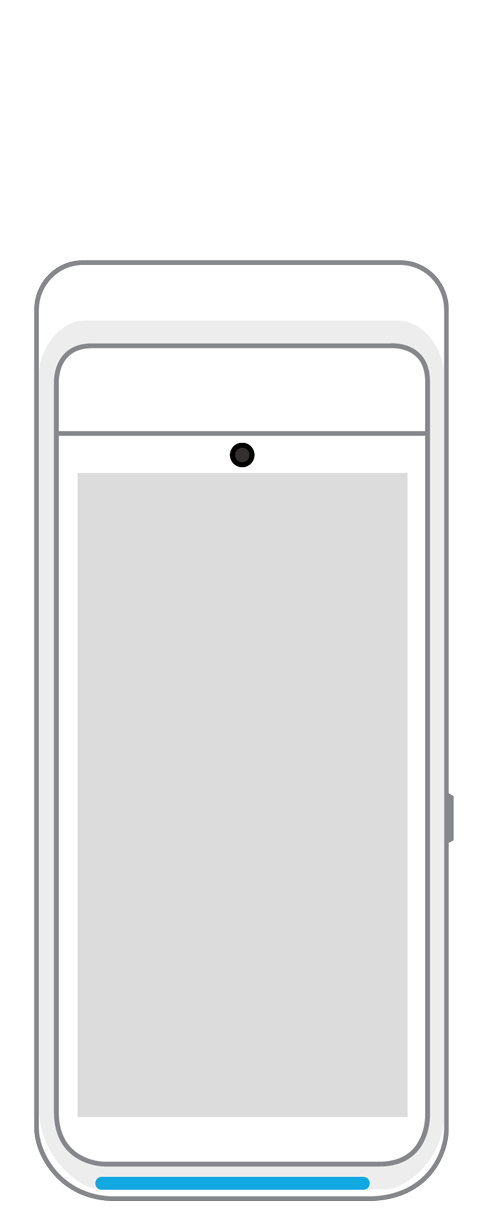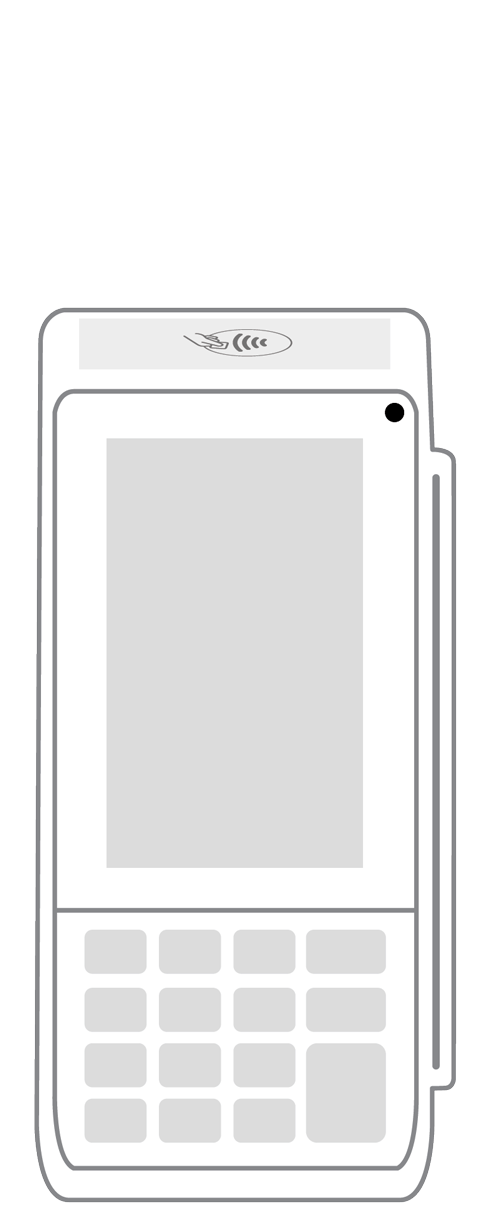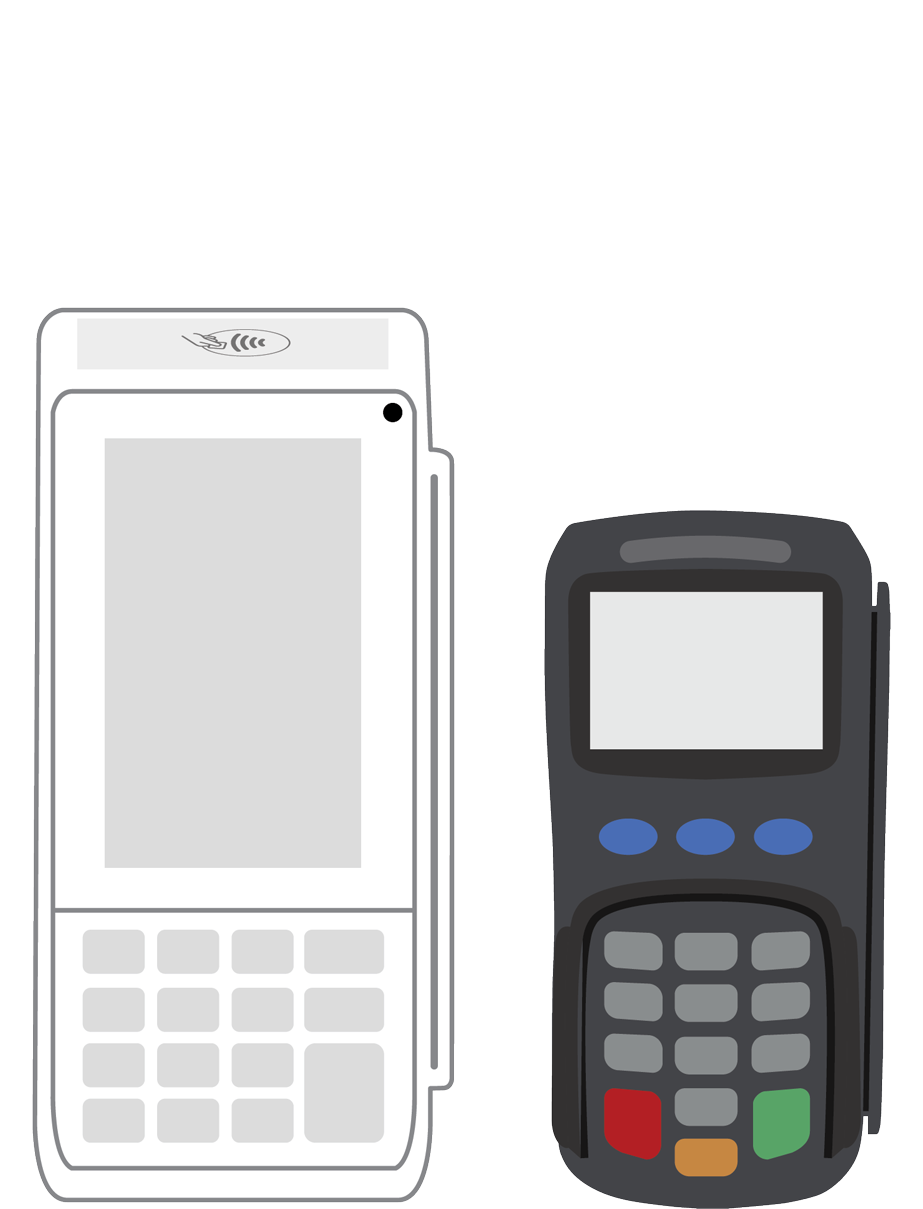Why U.S. bank holidays affect payment processing and how to prepare.
As any business owner knows, it is essential to enter into a smooth working relationship with a merchant provider. After all, it is this entity that furnishes you with the smart payment terminal or point of sale systems that are so vital for successful payment processing. What you still might not realize, however, is the importance of bank holidays in the routine operations of your company.
What is a bank holiday?
Simply put, a bank holiday is any day when banks are closed for either religious or secular reasons. In the U.S. there are 11 recognized bank holidays occurring on the following days.
- New Year’s Day: Jan. 1.
- Martin Luther King Jr. Day: third Monday of January.
- Presidents’ Day: third Monday of February.
- Memorial Day: last Monday of May.
- Juneteenth National Independence Day: June 19.
- Independence Day: July 4.
- Labor Day: first Monday of September.
- Columbus Day: second Monday of October.
- Veterans Day: Nov. 11.
- Thanksgiving Day: fourth Thursday of November.
- Christmas Day: Dec. 25.
In some cases, banks might decide to close on another day that falls near a holiday; for example, they might opt not to operate or to have limited hours on the Saturday before a Monday holiday. By the same token, some institutions might choose to be open on a holiday, but have limited hours or staff and curtailed services.
In addition, there are times when a federal holiday falls on a Saturday or Sunday. In these instances, your bank branch will probably close on the previous Friday or on the following Monday respectively. In these situations, the affected Friday or Monday may not count as business days.
How a bank holiday can slow down your payments.
Many companies today rely on electronic bank-to-bank transactions that are processed through the Automated Clearing House (ACH) network. Services that involve use of the ACH include direct depositing checks into your staff members’ bank accounts, withdrawing customers’ recurring billing payments, and automatically paying business-related bills of your own. On weekends and bank holidays, the country’s central bank is closed and no payment processing is possible.
As a result, you will experience a delay of usually one day for all payments involving the ACH network. In the same way, most conventional banks also do not process checks on these days. Consequently, you will generally find that it takes longer to access those funds as well.
Furthermore, loan payments will not be credited on bank holidays. According to federal law, a mail-in loan payment is considered to be on time as long as it is received by 5 p.m. on the next business day after a holiday. Electronic payments, on the other hand, must be submitted before the holiday.
How to minimize the effects of payment processing delays.
Taking steps to be proactive is the best way to avoid or minimize interruptions in your business processes due to bank holidays. To that end, institute the following measures.
- If payday falls on a holiday or happens within the payment processing window, consider running payroll early so that direct paycheck deposits can be processed in advance. If this is not possible for whatever reason, inform your staff ahead of time that their checks will be late so that they can prepare accordingly.
- If you need to deposit a check, use the mobile app from your bank to make the deposit. These apps often allow for later deposit times, sometimes as late as 9 p.m.
- Be aware of the upcoming holiday and its effect on your cash flow, both incoming and outgoing.
- When scheduling online payments to suppliers and other vendors, be cognizant of upcoming holidays to ensure that they do not interfere with your automatic payments. If there is a conflict that could result in a delinquent payment, make a one-time-only adjustment in the timing. Alternatively, ask the vendor over the phone or in person if you can make an immediate same-day credit payment.
Although these precautionary measures will not remove the inconvenience that comes from processing delays, they can function as reasonably effective work-arounds that will cushion the effects of bank closures.
How same day funding can help.
Same day funding can provide you with another very fast and effective way to access capital in a hurry. Unlike traditional loans that can take days or even weeks to process, same day funding provides you with your money within hours. Especially if a bank holiday is looming, same day funding can be a lifesaver.
The following are just some of the benefits of this speedy funding stream.
- Reactivity. When you can get your hands on the money you need within hours, you can jump on a time-sensitive opportunity to buy inventory or otherwise grow your business.
- Flexibility. Unlike traditional lending, same day funding can be approved fast, without an extended application and approval process. As a result, you get your money right when you need it with little hassle.
- Enhanced cash flow. Same day funding lets you manage your finances with more efficiency so that you can pivot when necessary and react to changing conditions with ease.
- Easy access to capital. Same day funding does not have the same stringent credit and application requirements that traditional loans possess. Therefore, you can have ready access to the capital your business needs without needing to jump through a seemingly endless series of hoops.
The good news is that bank holidays don’t need to ruin your life or bring your business-related tasks to a halt. You can still view your accounts via mobile apps and websites and can see balances, request transfers, and make bill payments that will go out on the next day. Of course, you can continue to use your debit and credit cards on the holiday as well, but keep in mind that your balance might not be updated immediately.
Bank holidays are an inevitable reality for sellers of all types. Since you can’t make them go away, learn to live with them by knowing when they will happen so that you can make adjustments well in advance.
Related Reading
 3-in-1 Reader |  Terminal |  Keypad |  PINPad Pro |  Flex |  POS+ | |
|---|---|---|---|---|---|---|
Payment types | ||||||
EMV chip card payments (dip) | ||||||
Contactless payments (tap) | ||||||
Magstripe payments (swipe) | ||||||
PIN debit + EBT | ||||||
Device features | ||||||
Built-in barcode scanner | ||||||
Built-in receipt printer | ||||||
Customer-facing second screen | ||||||
External pinpad | ||||||
Wireless use | ||||||
Network | ||||||
Ethernet connectivity | With dock | |||||
Wifi connectivity | ||||||
4G connectivity | ||||||
Pricing | ||||||
Free Placement | ||||||